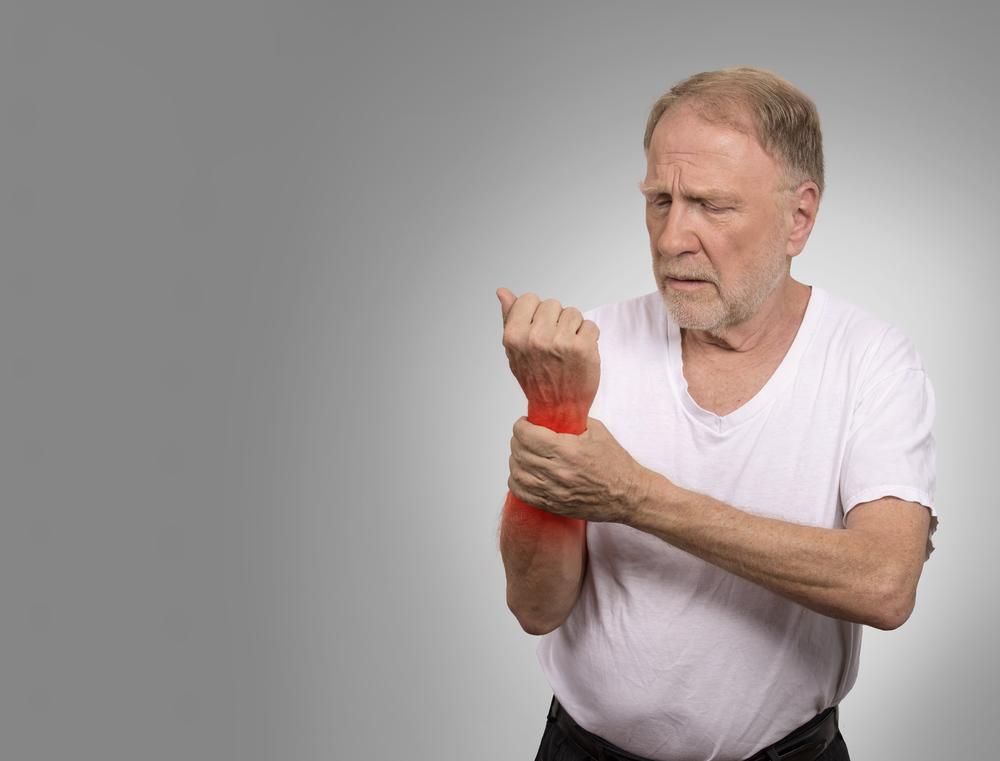
Treatment Options for Rheumatoid Arthritis
A chronic disorder, rheumatoid arthritis is a progressive disease that causes inflammation in the joints. This results in painful deformity and immobility in the fingers, wrists, feet, and ankles. Diagnosing rheumatoid arthritis can be difficult in the early stages. This is because the symptoms mimic other diseases.
Diagnosis
The doctors will diagnose the disease through a series of physical examination. They will look for symptoms of swelling, redness, warmth and check for joint reflexes and muscle strength. Other tests include:
- Blood tests
People suffering from rheumatoid arthritis may find elevated levels of erythrocyte sedimentation or C-reactive protein. This indicates the presence of inflammation in the body. The blood test also looks into other rheumatoid factors like anti-cyclic citrullinated peptide antibodies. - Imaging tests
x-rays help to track the progression of rheumatoid arthritis in the joints. MRI (Magnetic Resonance Imaging) help the doctors find the severity of the disease in the body.
Treatments
While there is no cure to reverse or completely cure the condition, there are recent discoveries that can put the disease into remission. This can be done with the help of strong medications called as disease modifying antirheumatic drugs (DMARDs).
- Medications
Over The Counter (OTC) NSAIDs and prescription-based NSAIDs can be administered to help in relieving pain and reducing inflammation. Steroids or corticosteroids reduce the pain due to swelling and reduce joint pain. Disease-modifying antirheumatic drugs (DMARDs) slows the progression of rheumatoid arthritis and saves the joint and the surrounding tissues from permanent damage. Side effects of these medications include ringing in the ears, upset stomach, heart problems, and kidney damage. Severe side effects include liver damage, bone marrow suppression, and lung infection in some cases. - Therapy
A physical or occupational therapy that involves physical exercises help to keep the joints flexible. The physiotherapists will suggest new ways to do daily tasks that will be less burdensome for your joints. Some therapies will also involve assistive devices that will make it easier to avoid stressing your joints. - Surgery
If medications and therapies fail to slow down the joint damage, the doctors might consider surgery to repair damage joints. This will help the patient restore the ability to use the joints, reduce pain and correct deformities. Synovectomy is a surgery that removes the inflamed synovium, the fluid that protects and covers the joints. This surgery is performed on knees, elbows, wrists, fingers, and hips. Joint fusion surgery is recommended to stabilize and realign a joint. Total joint replacement surgery involves removing the damaged part of the joints and inserting prosthesis made of metal or plastic.
Some complementary alternative medications such as fish oil, plant oils can be included in daily diet that helps reduce pain and stiffness due to arthritis. Check with your doctor before incorporating these in your diet as it can have side effects like nausea, belching, and diarrhea. Discuss the symptoms with your doctor or a rheumatologist, as they will help you with further evaluation of the same and provide the best treatment based on the severity of the disease.




